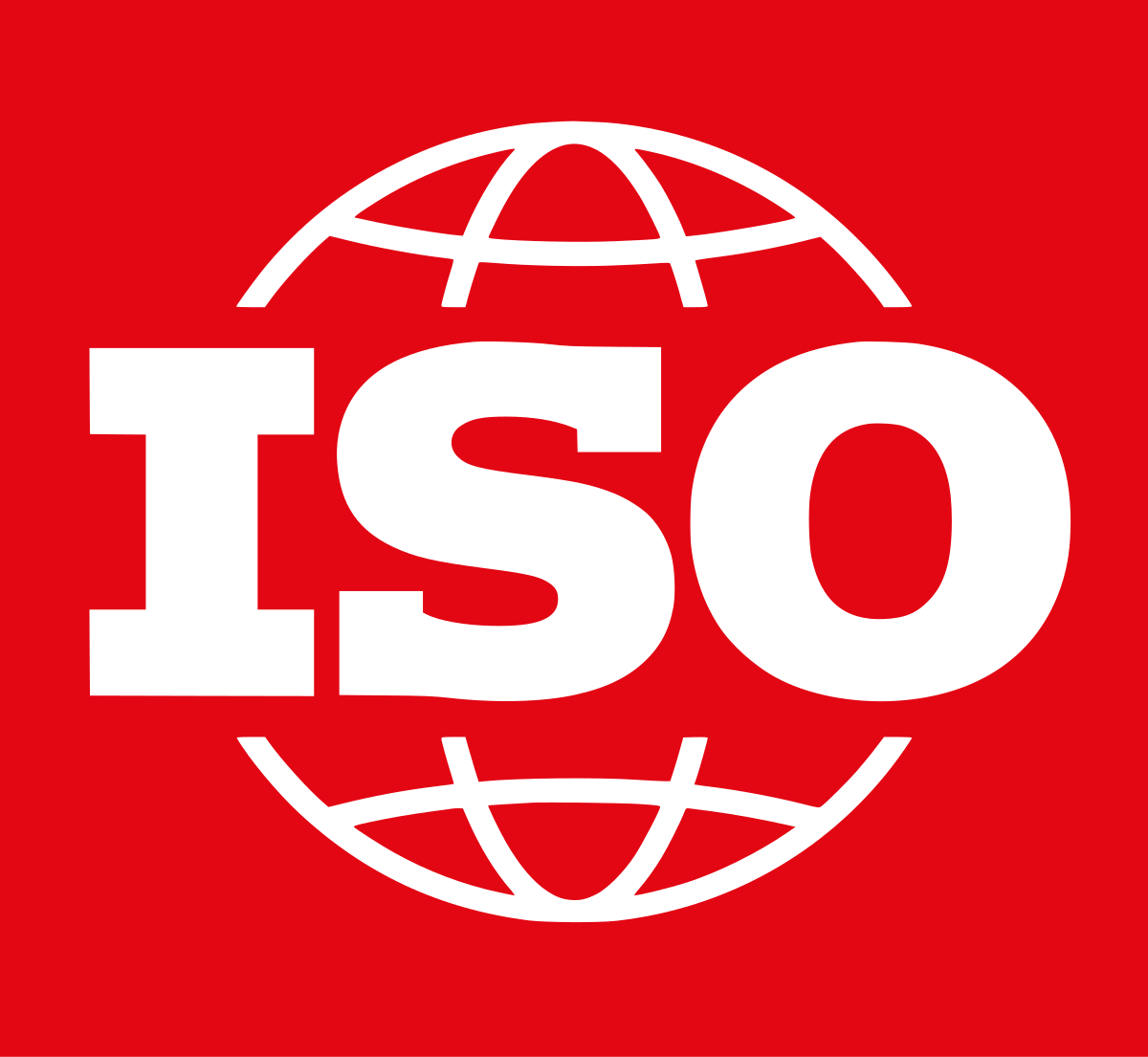healthcare
Celebrating 2025
 A Year of Progress in Occupational Therapy, Physiotherapy & Disability Support
A Year of Progress in Occupational Therapy, Physiotherapy & Disability Support
As we near the end of 2025, this is the perfect moment to reflect on the remarkable progress made across the occupational therapy (OT), physiotherapy (PT), assistive technology and disability-support sectors throughout this year.
Across the UK (and around the world), thousands of dedicated professionals worked tirelessly to improve accessibility, independence, and quality of life for people with disabilities. These individuals and organisations deserve to be celebrated for their commitment, compassion and innovation.
Below, we highlight some of the most inspiring achievements of the past year.
1. Dr Rob Brooks, RCOT Merit Award 2025
This year, the Royal College of Occupational Therapists awarded Dr Rob Brooks a prestigious RCOT Merit Award, recognising more than 25 years of leadership, education, and service to the OT profession.
Dr Brooks has shaped the next generation of therapists through his academic work, contributed to national professional development standards, and championed high-quality rehabilitation services across the UK.
Source: University of Bradford (Jan 2025)
2. Matthew Low, NHS England AHP Gold Award
Consultant physiotherapist Matthew Low received one of the highest honours in UK allied health: the Chief Allied Health Professions Officer (CAHPO) Gold Award.
His work in musculoskeletal physiotherapy, research, and clinical leadership has been widely acknowledged as helping to modernise PT practice and improve outcomes for patients within the NHS.
Source: University Hospitals Dorset NHS Foundation Trust (2024–2025)
3. Sport for Confidence CIC — Excellence in Emerging Roles
2025 saw continued recognition for Sport for Confidence CIC, an innovative organisation embedding occupational therapists within leisure centres and community sport settings.
Their work has supported people with disabilities, learning differences and mental health needs to access physical activity safely and confidently; demonstrating a groundbreaking new model for preventive, community-based rehabilitation.
Their Excellence in Emerging Roles Award highlighted just how vital OT is becoming in non-traditional environments.
Source: RCOT Specialist Sections & UK press coverage (2024–2025)
4. Significant Strides in UK Accessibility and Mobility
The UK saw significant accessibility improvements throughout 2025, led by collaborations between councils, disability charities and public-transport bodies.
Notable examples include:
- RNIB-supported upgrades to tactile paving, audio wayfinding, and digital accessibility across multiple cities.
- Growing adoption of inclusive-design standards across public buildings and transport infrastructure.
- Expansion of training programmes for public-facing staff to better support people with vision loss, mobility needs and sensory differences.
These changes demonstrate the significant progress that can be achieved when experience, policy, and frontline practitioners collaborate.
Source: RNIB UK (2024–2025 updates)
Global Highlights of 2025
While the UK’s achievements were outstanding, significant breakthroughs worldwide also pushed the boundaries of what is possible in rehabilitation and disability support.
5. AOTF 2025 Research Award Recipients (USA)
Each year, the American Occupational Therapy Foundation recognises leading researchers who are advancing the science of occupation, participation and rehabilitation.
The 2025 awardees contributed groundbreaking work in sensory processing, disability participation, stroke rehabilitation and neurodivergent-affirming practice. Their dedication continues to raise global research standards and shape evidence-based approaches for therapists everywhere.
Source: AOTF (2025 Research Awards)
6. WHO Rehabilitation 2030 — 2025 Global Progress Report
The World Health Organisation continued its mission to scale global access to assistive technology and rehabilitation. The 2025 progress update highlighted:
- wider distribution of low-cost mobility aids and adaptive devices,
- expansion of AT training in low-resource regions
And…
- new frameworks for strengthening national rehab systems worldwide.
This global work ensures that rehabilitation is recognised as an essential part of universal health coverage.
Source: WHO Rehabilitation 2030 Programme (2025)
7. Advances in Assistive Technology (AT) in 2025
2025 saw impressive international innovation in accessibility and assistive devices, including:
- AI-assisted mobility support tools,
- improved prosthetic limb technologies,
- next-generation wheelchairs with enhanced terrain-adaptability,
- and more innovative home-based adaptive products for people with limited grip, strength or mobility.
These breakthroughs continue to shape the future of independent living.
Source: Global Disability Innovation Hub (2024–2025 reports)
Why These Achievements Matter
Every therapist, researcher, designer, and support professional plays a role in empowering people with disabilities to lead independent, safe and fulfilling lives.
At Tenura, these accomplishments inspire us to continue creating practical and reliable disability-aid solutions that help people overcome daily life's barriers.
Looking Ahead to 2026
As we move into the new year, we celebrate the progress made in 2025 and look forward to more advancements in rehabilitation, assistive technology and inclusive design.
To all OTs, PTs, rehabilitation teams, support workers, and innovators... Thank you.
Your work changes lives every single day.
Regulatory Updates and Professional Standards
In the ever-evolving landscape of health and therapy, keeping up with the latest regulations, standards, and best practices is crucial for professionals committed to providing the highest level of care. This is particularly true when it comes to the use of disability aids. In this blog, we'll explore some recent regulatory updates, emerging professional standards, and best practices in the industry that you need to know.
The Importance of Staying Updated
Regulatory bodies continuously update their guidelines to ensure that healthcare products, including disability aids, meet the highest safety and efficacy standards. For professionals in the health and therapy sectors, staying informed about these changes. Compliance ensures that your products and services are safe, reliable, and practical, crucial for patient well-being and trust.
Recent Regulatory Updates
Post-Brexit CE Marking Adjustments
The UK's departure from the EU has led to significant changes in the regulatory landscape, particularly concerning CE marking. Now, disability aids in the UK require the UKCA marking (UK Conformity Assessed) to be sold legally. This shift necessitates that manufacturers and distributors of disability aids ensure their products comply with the new UK standards. Professionals need to verify that the aids they recommend or provide are properly certified.
 ISO Standards for Assistive Products
ISO Standards for Assistive Products
The International Organization for Standardization (ISO) periodically revises its standards for assistive products, ensuring they meet the latest technological advancements and safety requirements. The ISO 9999 classification, for example, is regularly updated to include new categories of assistive devices and refine existing classifications. Staying informed about these changes can help professionals recommend the most current and effective products to their clients.
Health and Care Professions Council (HCPC) Guidelines
The HCPC, which regulates health and care professionals in the UK, has updated its guidelines to emphasise the importance of continuous professional development in line with new standards and practices. For those specialising in occupational therapy, physiotherapy, or any field involving disability aids, adhering to these guidelines ensures that your practice remains aligned with the latest professional standards.
Emerging Best Practices in Disability Aids
Emphasising Individualised Care
The trend towards personalised medicine has reached the realm of disability aids, with a growing emphasis on tailoring products to individual needs. This approach improves patient outcomes and aligns with regulatory expectations for patient-centred care.
Sustainable and Ethical Practices
Sustainability is key in manufacturing and using disability aids. Professionals should be aware of products made from eco-friendly materials and companies that prioritise ethical manufacturing practices. Not only does this align with broader societal goals, but it also resonates with increasing clients who are conscious of their environmental footprint.
Integration of Smart Technology
Integrating intelligent technology into disability aids is an exciting development, offering enhanced functionality and greater user independence. Professionals should familiarise themselves with the latest intelligent aids, from sensors that monitor usage patterns to apps that allow for remote adjustments, ensuring they can have the familiar solutions for their clients.
Keeping up with regulatory updates and professional standards is essential for any health or therapy professional who works with disability aids. By staying informed, you not only ensure compliance but also enhance the quality of care you provide to your clients. The landscape is constantly changing, but with a commitment to learning and adaptation, you can remain at the forefront of your field, providing the best possible support to those who rely on your expertise.